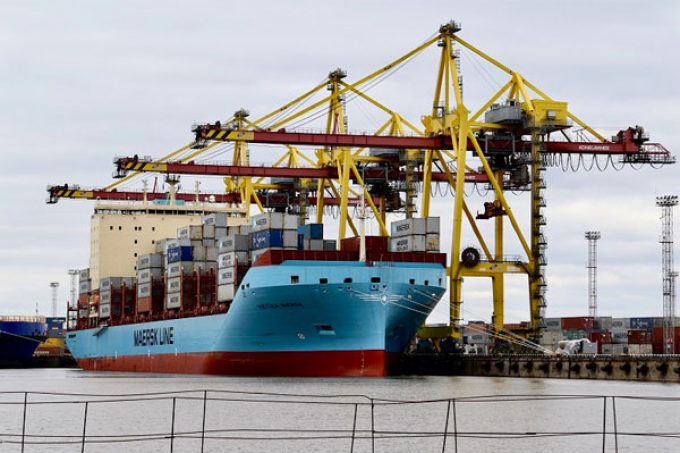Maersk not concerned by Trump hostility to green fuels for ships
Maersk’s environmental agenda will be driven by customers over administrations, amid the increasing uncertainty surrounding ...

Ocean carriers could be losing up to $350m on turnover every week, due to the coronavirus crisis.
The 2M alliance partners, Maersk and MSC, today confirmed two further void sailings from North Europe to Asia – a knock-on effect of a raft of headhaul blankings which have threatened to stymie the supply chain for European exporters.
The 2M officially withdrew its AE2/Swan eastbound loop, with the Marseille Maersk vessel advertised to start loading in Felixstowe on 17 February, and the AE6/Lion stemmed to commence ...
Volcanic disruption at Anchorage could hit transpacific airfreight operations
Macron calls for ‘suspension’ – CMA CGM's $20bn US investment in doubt
De minimis exemption on shipments from China to the US will end in May
Forwarders stay cool as US 'liberation day' tariffs threaten 'global trade war'
Mixed response in US to 'Liberation Day', while China leads wave of retaliation
Tariffs and de minimis set air freight rates on a volatile course
Transpacific contract rates rise on Trump’s fickle policies
Trump tariffs see hundreds of cancelled container bookings a day from Asia

Comment on this article